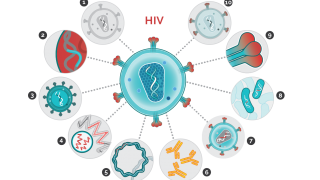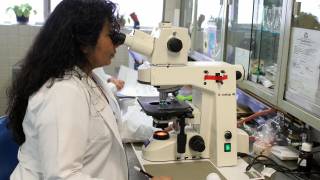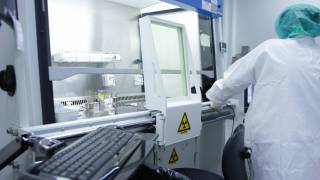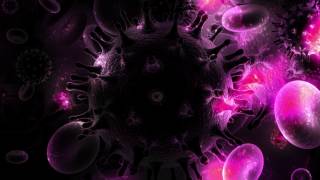Elecsys HIV Combi PT Assay Improves Lab Test Efficiency

The U.S. Food and Drug Administration (FDA) has approved a fourth-generation HIV combination antigen-antibody assay, Elecsys HIV combi PT.
“Laboratories will be able to screen for common co-infections, such as Hepatitis C and Syphilis, which can be tested simultaneously with HIV, reducing the need for sample splitting and additional analyzers,” said Jack Phillips, President and CEO, Roche Diagnostics Corporation.
The Elecsys HIV combi PT assay is for the in vitro qualitative determination of HIV-1 p24 antigen and antibodies to HIV-1 (HIV-1 groups M and O) and HIV-2 in human serum and plasma.
Intended for use as an aid in the diagnosis of HIV-1 and/or HIV-2 infection, including acute and primary HIV-1 infection, this fourth-generation HIV immunoassay is able to detect both antigen and antibodies simultaneously. This can increase the likelihood of early detection of HIV infection, improving disease management and helping to prevent transmission of infection.
The assay may be used as an aid in the diagnosis of HIV-1/HIV-2 infection in subjects greater than two years of age and in pregnant women.
HIV and AIDS remain a persistent problem for the United States and countries around the world.
According to the Centers for Disease Control and Prevention (CDC), in 2014, there were an estimated 37,600 new HIV infections, down from 45,700 in 2008. Gay, bisexual, and other men who have sex with men bear the greatest burden by risk group, representing an estimated 26,200 of these new HIV infections.
Additionally, the CDC estimates 1.2 million people in the United States were living with HIV at the end of 2013. Of those people, about 13%, or 1 in 8, did not know they were infected.
HIV is a virus spread through certain body fluids that attacks the body’s immune system, specifically the CD4 cells, often called T cells. T cells are special cells that help the immune system fight off infections.
Over time, HIV can destroy so many of these cells that the body can’t fight off infections and disease. Opportunistic infections or cancers take advantage of a very weak immune system and signal that the person has AIDS. Untreated, HIV reduces the number of CD4 cells (T cells) in the body.
Our Trust Standards: Medical Advisory Committee

























